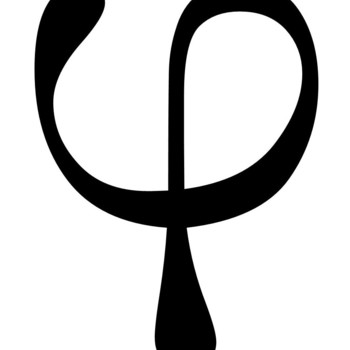If # y = (sinx)^(sinx) # then find #dy/dx#?
4 Answers
Explanation:
We want to find the derivative of
Take the logarithm on both sides
Differentiate both sides using the product and chain rule
(Be aware of the implicit differentiation on the right side)
Substitute
Explanation:
Explanation:
We have to differentiate
Or maybe,
Remember,
So the above becomes
Apply the chain rule:
The rule states that
Here,
The equation simplifies (or gets excruciatingly confusing) to
The derivative of
Now for the second half. Remember the product rule:
So now the equation is:
The derivative of
So the first derivative is
Sadly, we must use the chain rule again. Here, I take it as the differentiation of
The derivative of
We now have
So this becomes
Our equation is presently
But
We now have
The equation is
But
So now, the equation is
This, (thank God), cannot be simplified further.
# dy/dx = cosx \ (sinx)^(sinx) \ {1+ ln sinx }#
Explanation:
We have:
# y = (sinx)^(sinx) #
If we take Natural Logarithms, we have:
# ln y = ln {(sinx)^(sinx) }#
And using the properties of logarithms we have:
# ln y = sinx \ ln sinx#
We can now readily differentiate wrt
# 1/y \ dy/dx = (sinx)(1/sinx cosx) + (cosx)ln sinx #
Which we can simplify:
# 1/y \ dy/dx = cosx + cosx \ ln sinx #
# :. dy/dx = y{cosx + cosx \ ln sinx }#
# \ \ \ \ \ \ \ \ \ \ = ycosx{1+ ln sinx }#
# \ \ \ \ \ \ \ \ \ \ = cosx \ (sinx)^(sinx) \ {1+ ln sinx }#



